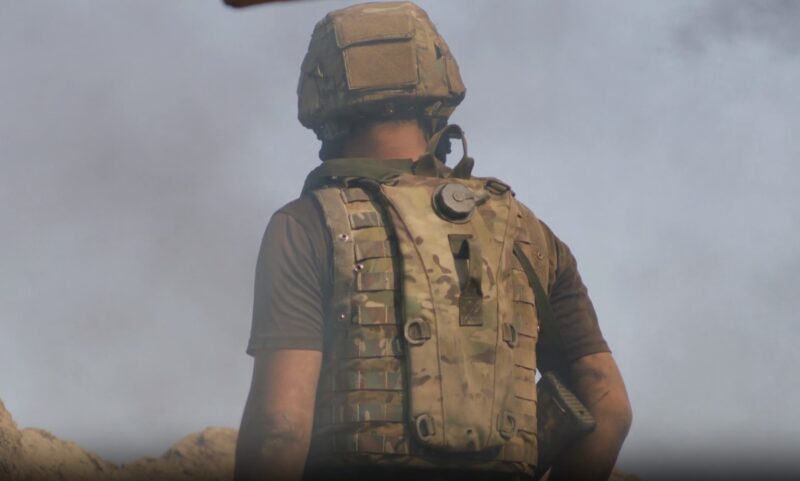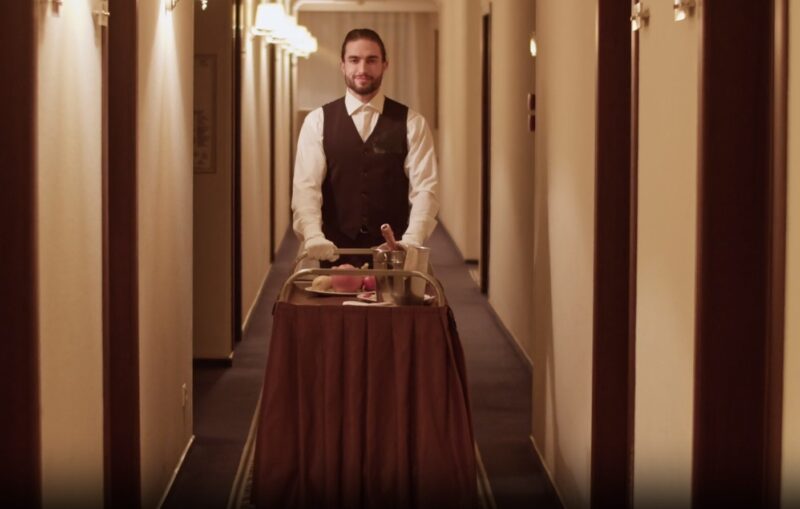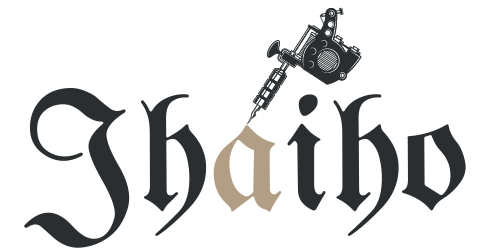Tattoos, once a symbol of rebellion, have gained widespread acceptance in many societies around the world. However, despite this growing acceptance, there are still numerous professions where tattoos remain taboo. In this article, we’ll explore some of these professions, shedding light on the reasons behind these restrictions and how they impact individuals with body art.
Cultural Perceptions and Professional Image
Tattoos can carry different meanings and connotations, depending on cultural and social contexts. In professional settings, especially those involving public interaction, maintaining a certain image is often deemed essential.
This image is typically one that conveys trustworthiness, neutrality, and professionalism. Tattoos, depending on their nature and visibility, might conflict with these desired attributes. In many cultures, tattoos are still associated with certain stereotypes, such as rebelliousness or non-conformity, which can be at odds with the image a profession seeks to project.
Healthcare Industry
The healthcare sector, known for its stringent hygiene and professional appearance standards, often restricts visible tattoos. This restriction stems from the need to maintain a sterile environment and to present a professional image to patients who might have varied perceptions about tattoos.
Healthcare professionals, including doctors, nurses, and medical technicians, are often required to cover their tattoos or may face limitations on the type and location of tattoos they can have. The rationale is to foster patient trust and comfort, as some patients may have biases or discomfort towards visible tattoos.
Law Enforcement and Military

Law enforcement agencies and the military have specific guidelines regarding tattoos. These institutions often prohibit tattoos that are visible in uniform, such as on the face, neck, or hands. The reasons for these restrictions are multifaceted.
They include maintaining a uniform and disciplined appearance, upholding the respectability of the force, and avoiding any display of personal beliefs or affiliations that could be construed as bias or unprofessionalism. The military, in particular, emphasizes uniformity and cohesion, and visible tattoos can be seen as counter to these values.
Corporate Sector

In the corporate world, especially in conservative industries such as finance and law, tattoos are often frowned upon. While not always explicitly banned, there’s an unspoken rule in many corporate environments that visible tattoos are inappropriate.
This perspective is grounded in maintaining a formal, professional appearance, which is believed to foster respect and confidence among clients and colleagues. Employees in client-facing roles, such as bankers, consultants, and lawyers, are more likely to face restrictions or expectations to cover tattoos during work hours.
Education and Childcare

Educators and childcare providers are often expected to maintain a neutral and universally approachable appearance. Visible tattoos, especially those that are large, graphic, or potentially offensive, can be controversial in these settings.
The concern is that they might influence or distract students or cause concern among parents. While not all educational institutions have strict policies against tattoos, many prefer or require that tattoos be covered, particularly in primary and secondary education settings.
Aviation Industry

The aviation industry, particularly commercial airlines, often has strict guidelines regarding the appearance of their staff, especially flight attendants and pilots. The emphasis is on presenting a clean, professional image that aligns with the airline’s branding and ensures passenger comfort.
Visible tattoos are typically not allowed, and staff are required to cover them with clothing or makeup. This policy reflects the industry’s focus on professionalism and the desire to maintain a certain standard of appearance.
Hospitality and Customer Service

In the hospitality and customer service sectors, the appearance of employees is considered an integral part of the service experience. Hotels, high-end restaurants, and luxury retail stores often require employees to adhere to strict dress codes, which usually include restrictions on visible tattoos.
The intention is to create an atmosphere that aligns with the business’s branding and appeals to a broad customer base. While these restrictions are gradually relaxing in some areas, many establishments still maintain traditional standards.
FAQs
Can an employer legally reject my job application because I have visible tattoos?
Yes, in many regions, employers can legally reject a job application if the applicant has visible tattoos, especially if they conflict with the company’s dress code or professional image standards. However, this depends on local laws and the specific policies of the company. It’s important for job seekers to research the tattoo policies of potential employers.
If I get a tattoo after being hired, can my employer take action against me?
If your employer has a clear policy regarding tattoos and your new tattoo violates this policy, they may be able to take action, which could include asking you to cover the tattoo or, in extreme cases, termination. It’s crucial to be aware of your employer’s policy on tattoos before getting inked.
Are there industries where tattoos are generally more accepted?
Yes, creative fields like graphic design, fashion, music, and the arts are generally more accepting of tattoos. Tech startups and companies with a younger workforce or a more relaxed culture are also often more open to employees with tattoos.
Can makeup or clothing be used to comply with tattoo policies at work?
Yes, many employees with tattoos use clothing or makeup to cover them and comply with workplace policies. This is a common solution in industries where visible tattoos are discouraged.
Are certain types of tattoos more likely to be problematic in professional settings?
Yes, tattoos that are offensive, provocative, or politically charged are more likely to be problematic in professional settings. Tattoos that might be interpreted as unprofessional or inappropriate (such as those with explicit imagery or language) are often discouraged.
Has there been a shift in attitudes towards tattoos in professional environments in recent years?
There has been a gradual shift in some industries, with a growing acceptance of tattoos, especially in less traditional or more creative fields. However, many industries, particularly those that are client-facing or have conservative cultures, still maintain strict policies against visible tattoos.
Final Words
Tattoos, despite becoming more socially acceptable, still face restrictions in various professional fields. These restrictions are often rooted in cultural perceptions, the need to maintain a professional image, and the desire to appeal to a broad range of clients or the public. As societal attitudes continue to evolve, it’s possible that these restrictions will become less common. However, for now, they remain a significant consideration for individuals with tattoos who are pursuing careers in these fields.

